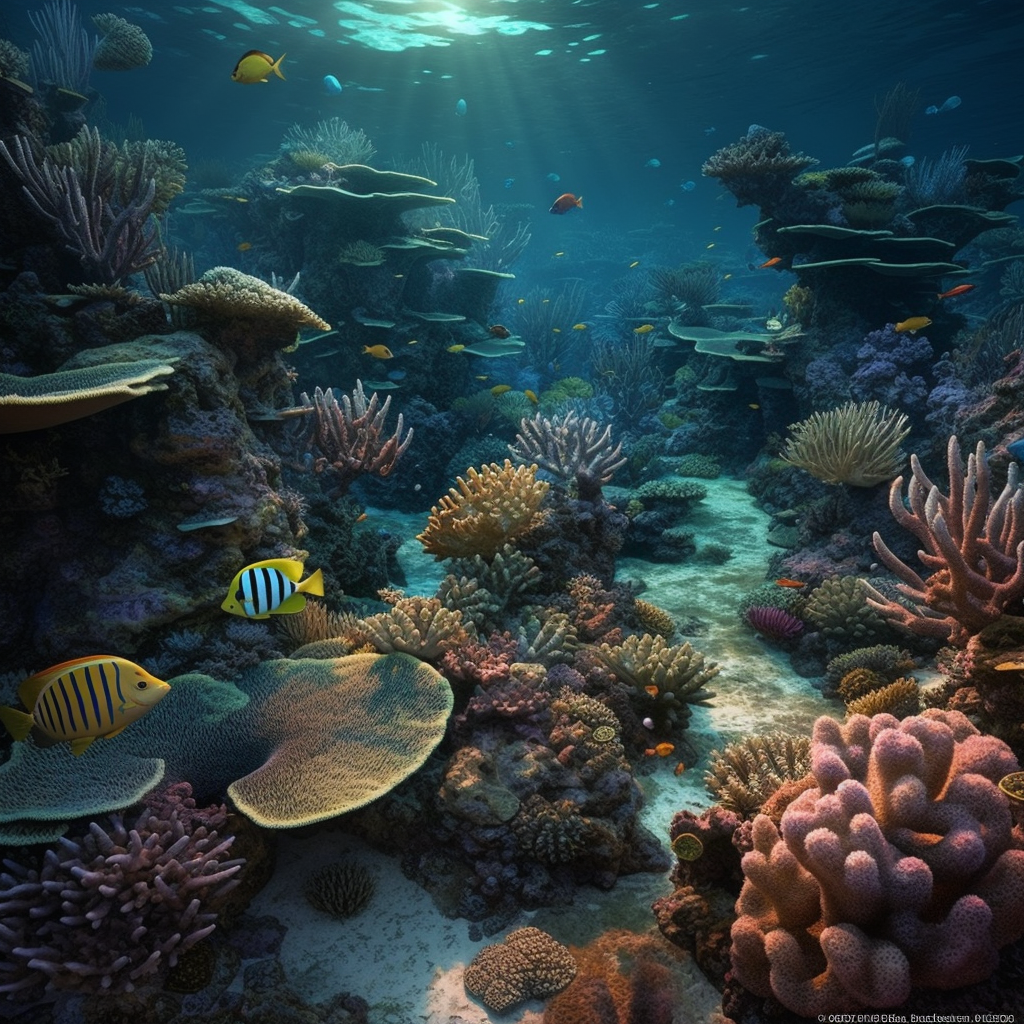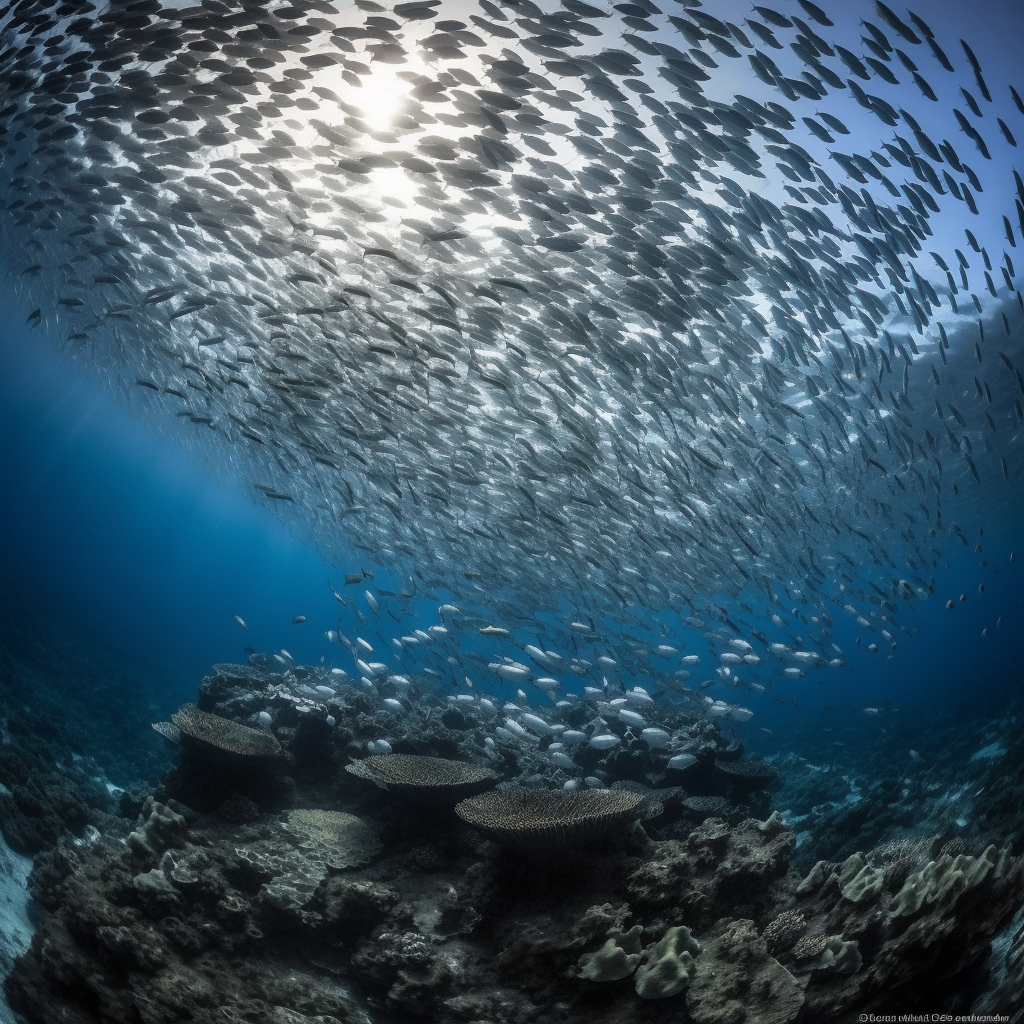May 8, 2023
Life Reduction and Climate Change Threaten the Mysterious Twilight Zone
Book a Demo
The Twilight Zone is not just a popular science fiction series but also a fascinating and mysterious part of our planet’s ocean. It is a vast area stretching from 200 to 1000 meters deep, where sunlight barely penetrates, and the water pressure is immense. The Twilight Zone is home to a diverse range of marine life, some of which are bioluminescent and produce flashes of light in the dark depths. However, recent studies have revealed that the Twilight Zone is under threat from climate change, and this could have significant consequences for life on Earth.
According to a recent study published in the journal Nature Climate Change, the increasing temperatures of our planet could lead to a significant reduction in the biomass of marine life in the Twilight Zone. The researchers used computer models to predict how climate change could affect the region’s food supply, which is based on tiny plants called phytoplankton that live in the sunlit layers of the ocean. These plants are the foundation of the ocean’s food chain, and their decline could have a cascading effect on the rest of the marine ecosystem.
The study found that as the surface waters warm, the phytoplankton in the upper layers of the ocean could decrease. This, in turn, would reduce the amount of organic matter sinking into the Twilight Zone, which would lead to a decline in the number of animals that feed on it. The researchers predict that this could result in a 5% to 20% reduction in the biomass of marine life in the Twilight Zone by the end of the century.
The consequences of this reduction could be far-reaching. The Twilight Zone is a crucial part of the ocean’s carbon cycle, as it absorbs and stores carbon from the atmosphere. The decline in marine life could reduce the amount of carbon that is stored, which could exacerbate climate change. Furthermore, the Twilight Zone is also an important source of food and income for millions of people around the world, particularly in developing countries.
The decline in marine life in the Twilight Zone is just one of the many impacts of climate change on our planet’s oceans. Rising temperatures, acidification, and deoxygenation are all threatening the health of our oceans and the life within them. However, there are steps that we can take to mitigate these impacts and protect our planet’s marine ecosystems.
One of the most important things we can do is to reduce our carbon emissions. This can be achieved by transitioning to clean energy sources, improving energy efficiency, and reducing our consumption of fossil fuels. Additionally, we can protect and restore marine ecosystems, which can help them to adapt to the changing climate. This includes measures such as protecting coral reefs, establishing marine protected areas, and reducing overfishing.
The Twilight Zone is a unique and fascinating part of our planet’s ocean, but it is under threat from climate change. The reduction in marine life that is predicted could have significant consequences for the ocean’s food chain, the carbon cycle, and the livelihoods of millions of people. However, by taking action to reduce our carbon emissions and protect marine ecosystems, we can help to mitigate these impacts and ensure that the Twilight Zone continues to be a thriving and diverse part of our planet’s ocean.




